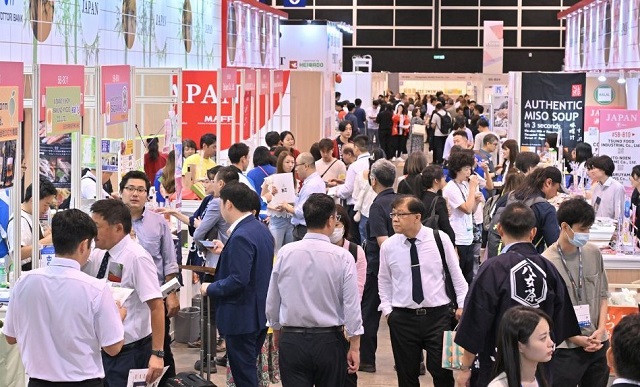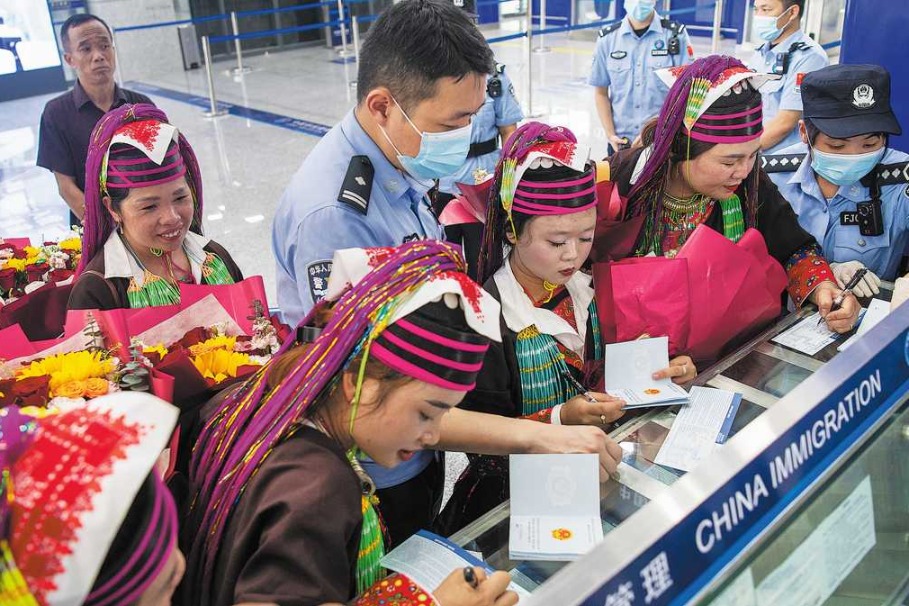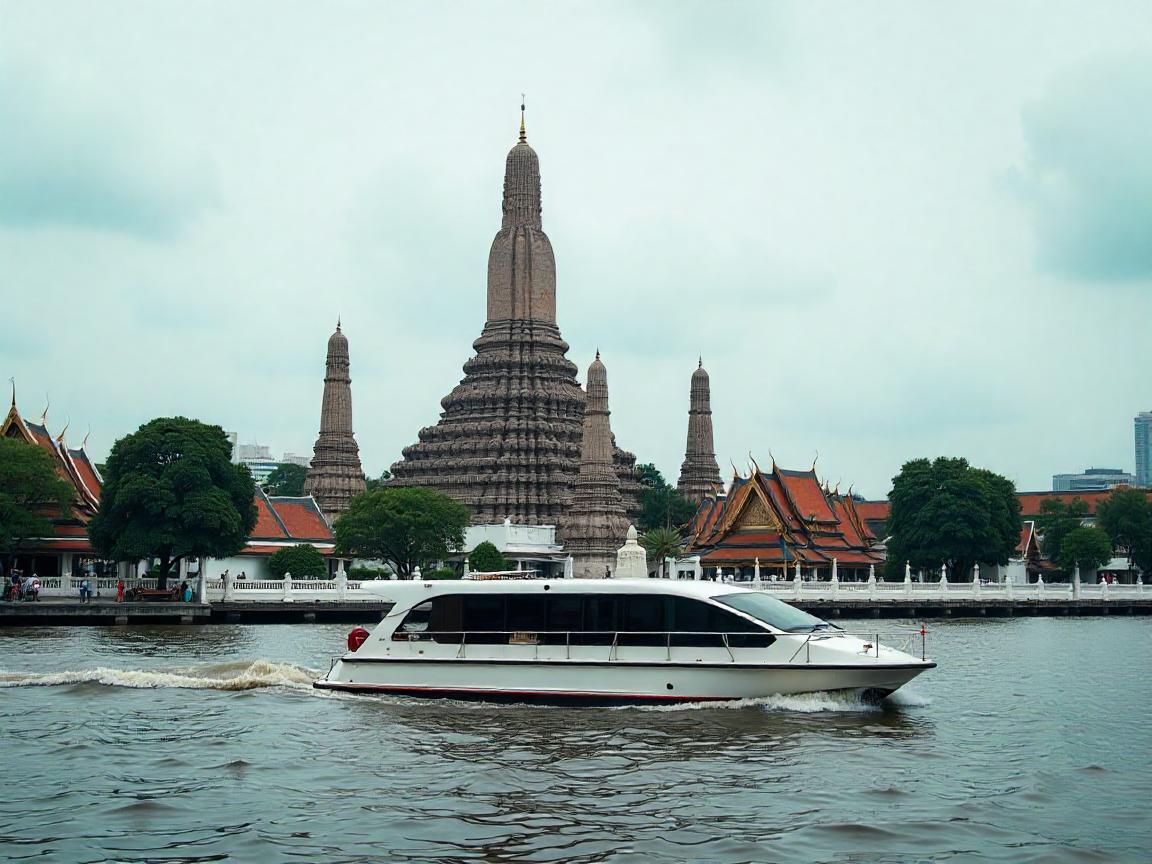How Singapore's Prime Minister aims to deliver growth
Singapore will double down on regional economic cooperation to counterbalance the fracturing international trade system, the country’s prime minister has told an audience at the World Economic Forum’s Annual Meeting of the New Champions.
“Global rules are weakening, global institutions are weakening and economic nationalism is replacing win-win cooperation,” Prime Minister Lawrence Wong warned on stage in Tianjin, China.
“For small countries, like Singapore, we are worried because we have limited options. We have limited bargaining power and we risk being marginalized,” said Wong.
For Singapore, the answer to this challenge is the deepening of its cooperation and connections with economies near and far.
“Our response has to be collectively to try and harness forces that will bring people together, promote integration, bring down barriers and strengthen multilateralism; multilateralism that is more resilient, more inclusive and better suited to the realities of our time,” he said.
Have you read?
The Association of South East Asian Nations (ASEAN) economic bloc will play a key part in this. “We are looking at ways to better integrate the ASEAN and make us more united to be able to offer a more competitive single market to investors,” Wong said.
ASEAN consists of Brunei, Cambodia, Indonesia, Laos, Malaysia, Myanmar, the Philippines, Singapore, Thailand and Viet Nam. It boasts a combined GDP of $3.6 trillion, making it the fifth-largest global economy.
“There's an intricate supply chain connecting ASEAN,” explained Wong. “We are largely tariff-free today, but I think the barriers are also in non-tariff areas. We are trying to find ways to bring down barriers to integrate our economies, our payment systems.”
ASEAN is expected to grow at 4.7% in 2025, while the global average is projected to be around 2.8%.
This process is already well underway. Singapore has partnered with Viet Nam to build 20 industrial parks across the country, for example. And, the 3,500 square-kilometre Johor-Singapore Special Economic Zone, a partnership between Singapore and neighbouring Malaysia, offers alluring tax incentives and over $1 billion in infrastructure funding for companies to support development in the joint economic corridor.
Without this kind of regional and global cooperation, “it will be harder for everyone to deal with common threats, be it pandemics, climate change or financial shocks,” said Wong.
Loading...
Also critical to Singapore’s success is the country’s embrace of artificial intelligence (AI).
“AI will be a major game changer. We, like all countries, would like to harness the benefits of technologies and AI to push the frontiers of our economy, raise productivity and improve the lives of our people,” explained Wong.
“Our focus is not just on what happens at the leading edge. There is a lot of media attention on where are the breakthroughs, which are the next unicorns and when we will get AGI (artificial general intelligence) to materialize?”
“All these are important conversations, no doubt for Singapore, but we would like to harness AI in a different way, which is to make sure that the benefits are broad-based.”
Wong aims to “get every Singaporean, every company to really make full use of technology to improve and uplift them.”
Discover
What is AMNC, the World Economic Forum's meeting in China?
Loading...
Wong does not want Singapore to pick sides in any geopolitical rivalries.
“We want to be friends with both America and China and to have good relations with them, cooperate on win-win areas. But it's not just us – all of Southeast Asia would like to do the same.”
On geopolitics, just as with economics, Singapore benefits from its membership of ASEAN.
“ASEAN's approach is very clear. We reject zero-sum competition. We embrace engagement with not just America and China, but with other major powers.
“ASEAN has the ability to shape its own destiny, to shape its own future,” said Wong, adding: “ASEAN was the arena for proxy wars during the Cold War. We don't want that to happen again.”
Watch the full AMNC session below











